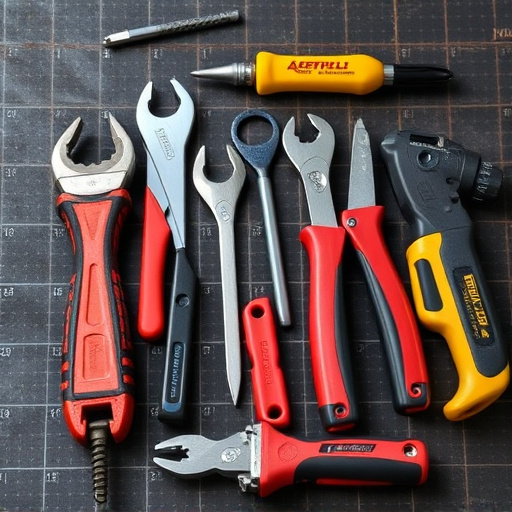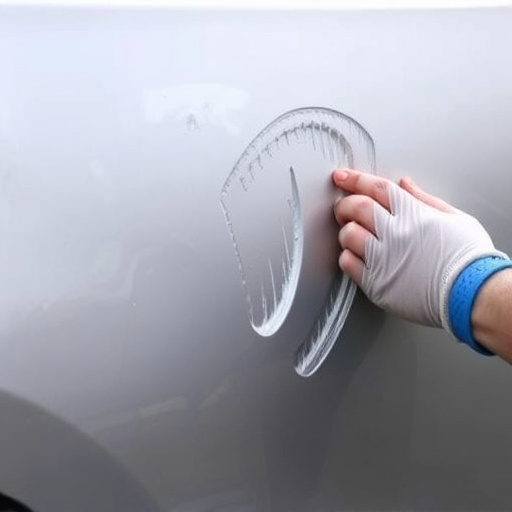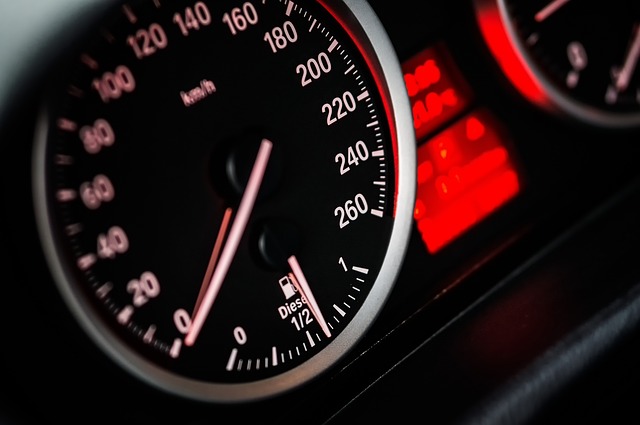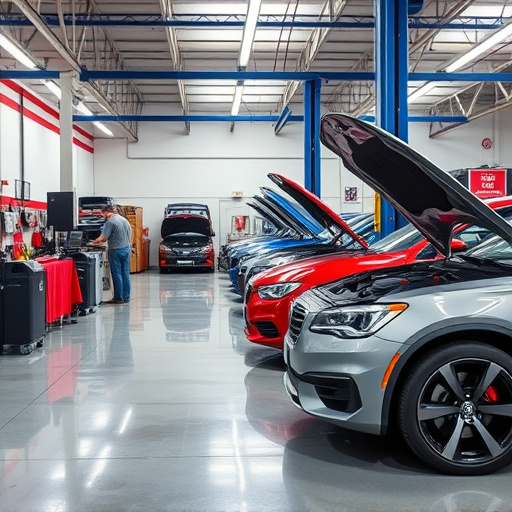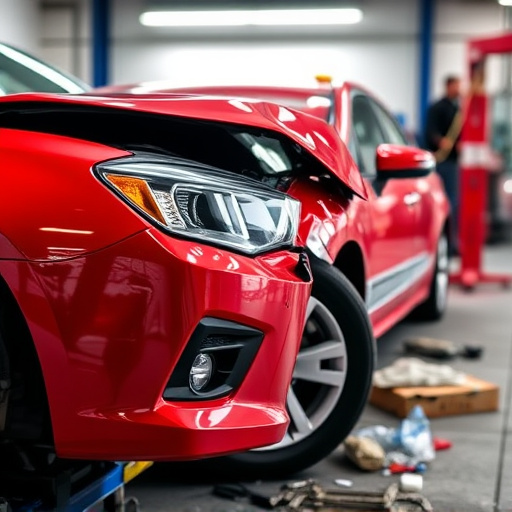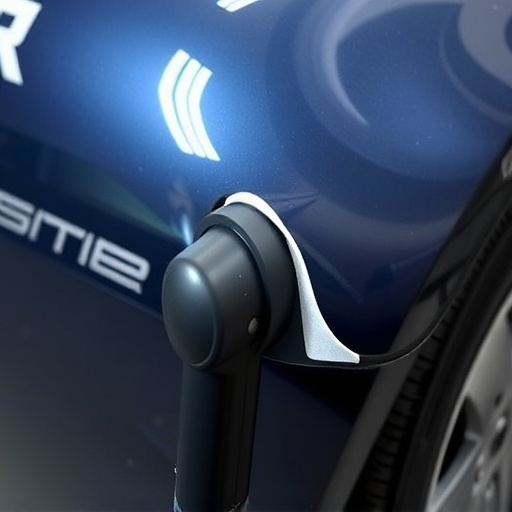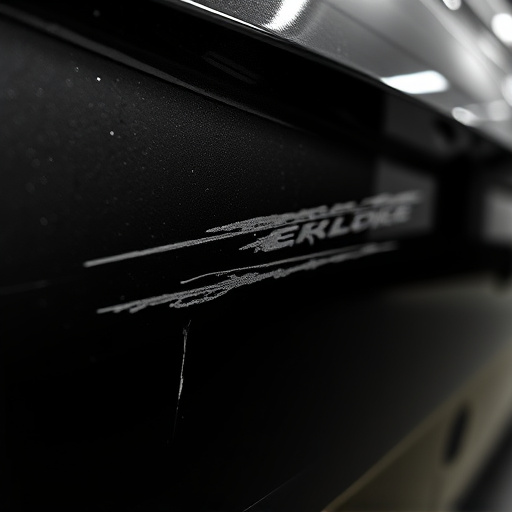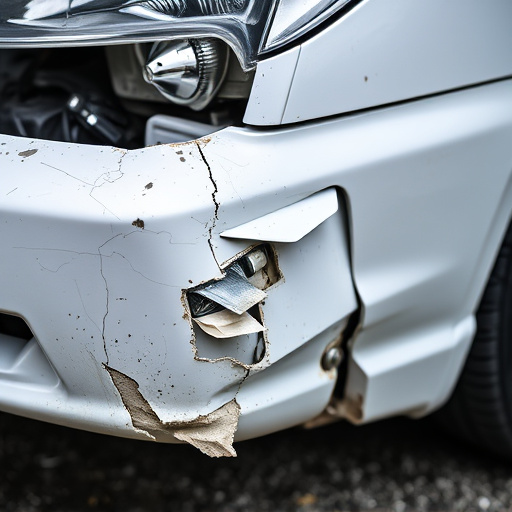Sound deadening materials in vehicles degrade over time, becoming less effective at minimizing noise and vibrations. Regular inspection is crucial to identify when these materials need replacing, ensuring optimal driving comfort and safety. Modern sound deadening options offer superior insulation, adaptability, and noise reduction benefits, enhancing the overall driving experience.
Keeping your older vehicle quiet and comfortable on the road? Understanding when to upgrade sound deadening materials is key. Over time, factory-installed soundproofing can degrade, allowing noise to infiltrate the cabin. Identify signs like increased highway hums or persistent road noise. Modern sound deadening materials offer enhanced performance, reduced weight, and improved efficiency. This article guides you through understanding the deterioration of existing materials and highlights the benefits of updating your vehicle’s soundproofing for a smoother ride.
- Understanding Sound Deadening Over Time
- Identifying When Upgrade is Necessary
- Benefits of Modern Soundproofing Materials
Understanding Sound Deadening Over Time
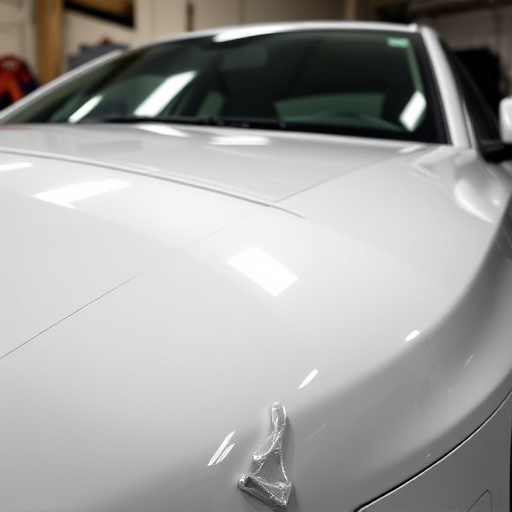
Sound deadening materials play a vital role in creating a peaceful and comfortable driving environment, but their effectiveness can diminish over time. As vehicles age, especially those undergoing car restoration or experiencing car damage repair, the sound-dampening qualities of these materials may no longer be optimal. This is due to various factors, including exposure to harsh weather conditions, normal wear and tear, and even changes in humidity levels that can cause materials to shrink or expand.
Over time, older sound deadening materials might become loose, compressed, or torn, allowing noise from the engine, road, and other sources to penetrate the vehicle’s cabin. For instance, in a Mercedes Benz repair scenario, high-quality sound deadening materials originally installed may need replacing after several years, especially if the car has seen extensive use or been exposed to extreme environmental conditions. Regularly inspecting your vehicle’s sound deadening is crucial; if you notice any deterioration or loss of effectiveness, it might be time to consider upgrading your car restoration efforts by replacing these materials for a quieter and more enjoyable driving experience.
Identifying When Upgrade is Necessary
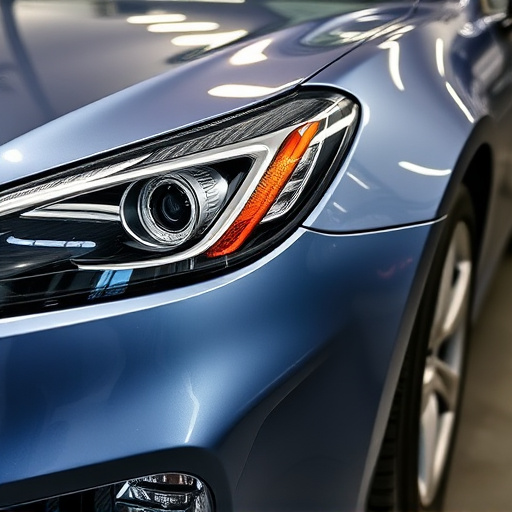
Over time, sound deadening materials in older vehicles can degrade, becoming less effective at minimizing noise and vibrations. Identifying when an upgrade is necessary involves several key indicators. One of the primary signs is increased noise levels both inside and outside the vehicle during operation, suggesting that the existing sound deadening has lost its integrity. Additionally, unusual vibrations or banging sounds while driving can indicate damage to the structure, requiring not just a sound deadening upgrade but also services like frame straightening from a collision center for car restoration.
Visual inspections can reveal issues such as loose or missing panels, disintegrated foam, and delaminated materials—all of which point towards a need for replacement. Regular maintenance checks, along with keeping an ear out for persistent noise complaints, can help in determining if it’s time to upgrade sound deadening materials to ensure optimal driving experience and safety.
Benefits of Modern Soundproofing Materials
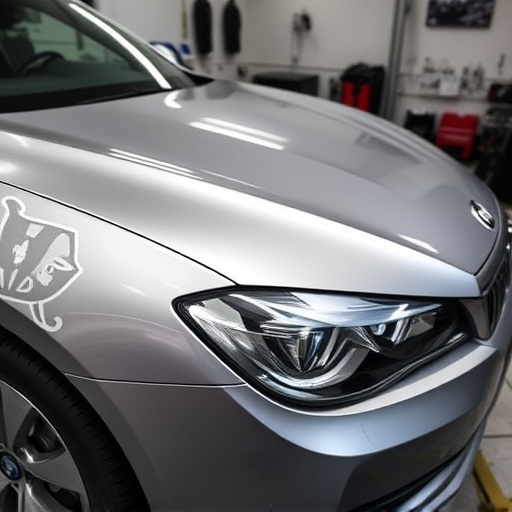
Modern soundproofing materials offer numerous advantages over their older counterparts, making them a worthwhile upgrade for any vehicle owner looking to enhance their driving experience. These advanced materials are designed with lightweight and flexible properties, allowing them to conform to various car surfaces while providing superior noise insulation. This adaptability is a game-changer when it comes to auto painting and maintaining the vehicle’s overall structure, as these materials can be easily installed and removed without causing damage.
Additionally, contemporary sound deadening options are known for their effectiveness in reducing both interior and exterior noise levels. They effectively muffle engine sounds, road noises, and even vibrations, creating a calmer and more comfortable riding environment. This is especially beneficial during long drives or for those who frequently experience vehicle dent repair due to harsh road conditions. By investing in modern soundproofing materials, drivers can improve auto maintenance by preventing excessive wear and tear caused by noise-related stress on various components.
As your vehicle ages, so does its sound deadening capability. Regularly evaluating and potentially upgrading your car’s sound deadening materials can significantly enhance both comfort and safety by reducing noise pollution, improving interior silence, and potentially increasing the lifespan of your vehicle’s audio system. Modern soundproofing materials offer enhanced performance and longer durability, making them a worthy investment for any car owner concerned with a quieter, more enjoyable driving experience.
